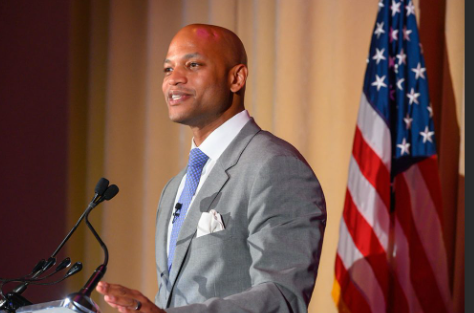
The Morning Rundown
We’re staying up to the minute on the issues shaping the future. Join us on the newsletter of choice for Maryland politicos and business leaders. It’s always free to join and never a hassle to leave. See you on the inside.

We are in uncharted economic waters. From massive layoffs and spending cuts in Washington to looming tax increases in Annapolis, Maryland entrepreneurs face a range of risks to their businesses. The decisions we make in Annapolis are that much more important, including and especially on policy issues that impact our competitiveness.

In the grand sweep of American history, we have often been tempted to defer the difficult decisions of governance in favor of expediency or political convenience. Yet, there are moments when reality compels us to confront the unavoidable truths of our collective predicament. Such a moment is now upon us, and it concerns the solvency of our national budget. To speak plainly, the federal budget cannot be rendered solvent without the reformation of entitlement programs—Social Security, Medicare, and Medicaid. Without such reform, we are hurtling toward what can only be described as a fiscal death spiral, an inexorable trajectory toward insolvency.

Independent pharmacies across Maryland are singularly focused on one urgent priority: pharmacy benefit manager (PBM) reform. As Congress considers the future of healthcare policy, the opportunity to take meaningful action on PBMs is here—and it must not be missed. For too long, these corporate middlemen have driven up drug costs, squeezed local pharmacies to the point where many have gone out of business, and limited patient access to affordable medications. As an independent pharmacy owner in Maryland and the CEO of EPIC Rx, I have seen first-hand the detrimental effect on our communities.

Maryland, as presently governed, finds itself on the precipice of fiscal calamity, a condition made manifest by a burgeoning structural deficit that threatens to become one of the most severe financial crises the state has faced in decades. With a staggering $5.9 billion shortfall projected by fiscal 2030, it is not merely advisable but imperative that Governor Wes Moore assume the mantle of reformer, lest Maryland sink further into the quicksand of fiscal irresponsibility.
We’re staying up to the minute on the issues shaping the future. Join us on the newsletter of choice for Maryland politicos and business leaders. It’s always free to join and never a hassle to leave. See you on the inside.